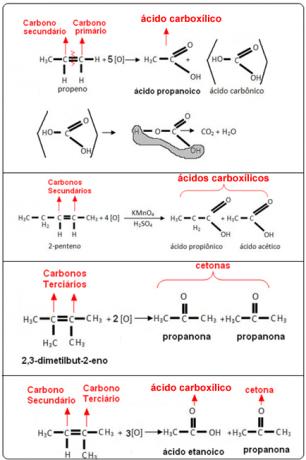As we study particle physics, we come across particle accelerators. These accelerators are equipment that supply energy to beams of subatomic particles that are electrically charged. Next to the accelerators are particle detectors, which are actually the most important part of an accelerator.
Detectors identify the existence of new particles and radiation from the collision of elementary particles. In addition, the detectors have the function of transforming radiation energy into a form that researchers can perceive. They detect radioactive particles, using walls constructed of the chemical element Lead.
We can say that the types of detectors are countless. can be of the type bubble and fog chambers even detectors solid state electronics. The laboratory where a particle collider is installed may contain different types of detectors located in different parts of the particle accelerator.
As already mentioned, among the various types of detectors we can mention the bubble chamber. This chamber contains a liquid gas. When particles released from the collision pass through its interior, the gas is vaporized leaving a trail, or rather a trail of bubbles. Just like the
already the spark chamber is a counting device consisting of an array of closely spaced parallel plates. In this way, the air contained between the plates is ionized and, in its ionization trajectory, the gas leaves sparks that are photographed along its trajectory.
in the calls flicker counters, the charged particles cause the emission of photons, which, due to the photoelectric effect, are converted into electrons. In this way, these electrical pulses are amplified and electronically recorded.
At neutral particles, although considered easy to detect, are not directly detected. For this, they must be identified from nuclear reactions resulting from the ionization reaction (or collision with nuclei).
By Domitiano Marques
Graduated in Physics
Brazil School Team
Source: Brazil School - https://brasilescola.uol.com.br/fisica/detectores-particulas.htm


